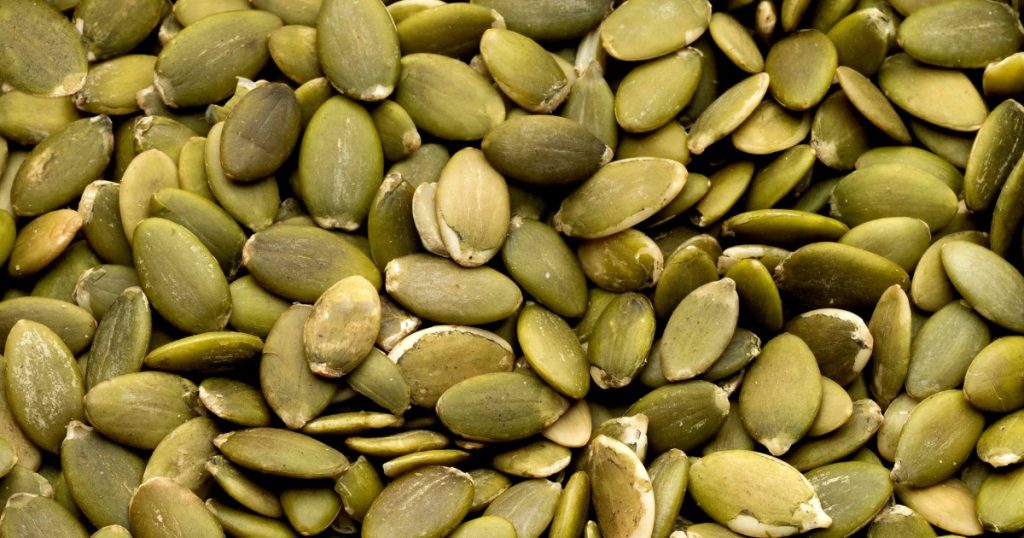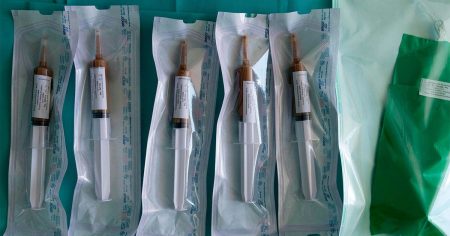Pumpkin seeds are not only delicious but are also a rich source of plant-based protein. Pumpkin seed protein has become increasingly popular in products such as protein powders, bars, and shakes in recent years. This type of protein is often marketed towards individuals who are looking to avoid allergens such as whey, soy, or nut-based products. While there may not be as many peer-reviewed studies on the benefits of pumpkin seed protein compared to other options, we know that pumpkin seeds are a healthy choice due to their protein, mineral, and fiber content. As a plant-based alternative, pumpkin seed protein is a good option for those looking to avoid whey or casein protein.
Pumpkin seed protein contains all nine essential amino acids that our bodies need, although it may not be considered a complete protein due to lower levels of certain amino acids. In terms of protein content, regular pumpkin seeds have 8.5 grams per ounce, while pumpkin seed protein powder ranges from 10 to 20 grams per serving. Despite potential limitations in specific amino acids, a varied diet can help ensure that individuals receive all essential amino acids. Additionally, pumpkin seeds are a good source of gut-healthy fiber, particularly when consumed with the shells, which provide about 5 grams of fiber per ounce compared to shelled seeds with 2 grams.
In addition to protein and fiber, pumpkin seeds are also rich in healthy fats, particularly omega-3 fatty acids, which support heart health, immune function, and provide anti-inflammatory benefits. These seeds also contain a range of essential nutrients such as antioxidants, iron, phosphorus, zinc, and magnesium. The magnesium content of pumpkin seeds is of particular note as it offers more than other plant-based protein sources. Magnesium plays a crucial role in maintaining heart and bone health, as well as blood sugar regulation. When pumpkin seed protein is utilized in blends with other plant-based sources like pea protein, chickpea protein, or nut butters, individuals can benefit from a more comprehensive nutrient profile.
When purchasing pumpkin seed protein, it is essential to consider the overall nutrient content, including protein, fiber, healthy fats, and essential minerals. While some fiber may be lost in the processing of pumpkin seeds into protein powder, ensuring a varied diet can help maintain a balanced intake of essential nutrients. Mixing pumpkin seed protein with other plant-based sources can enhance the overall amino acid profile and nutrient diversity. Ultimately, pumpkin seed protein offers a valuable plant-based alternative for individuals looking to boost their protein intake while reaping the benefits of essential nutrients such as fiber, healthy fats, and minerals.















